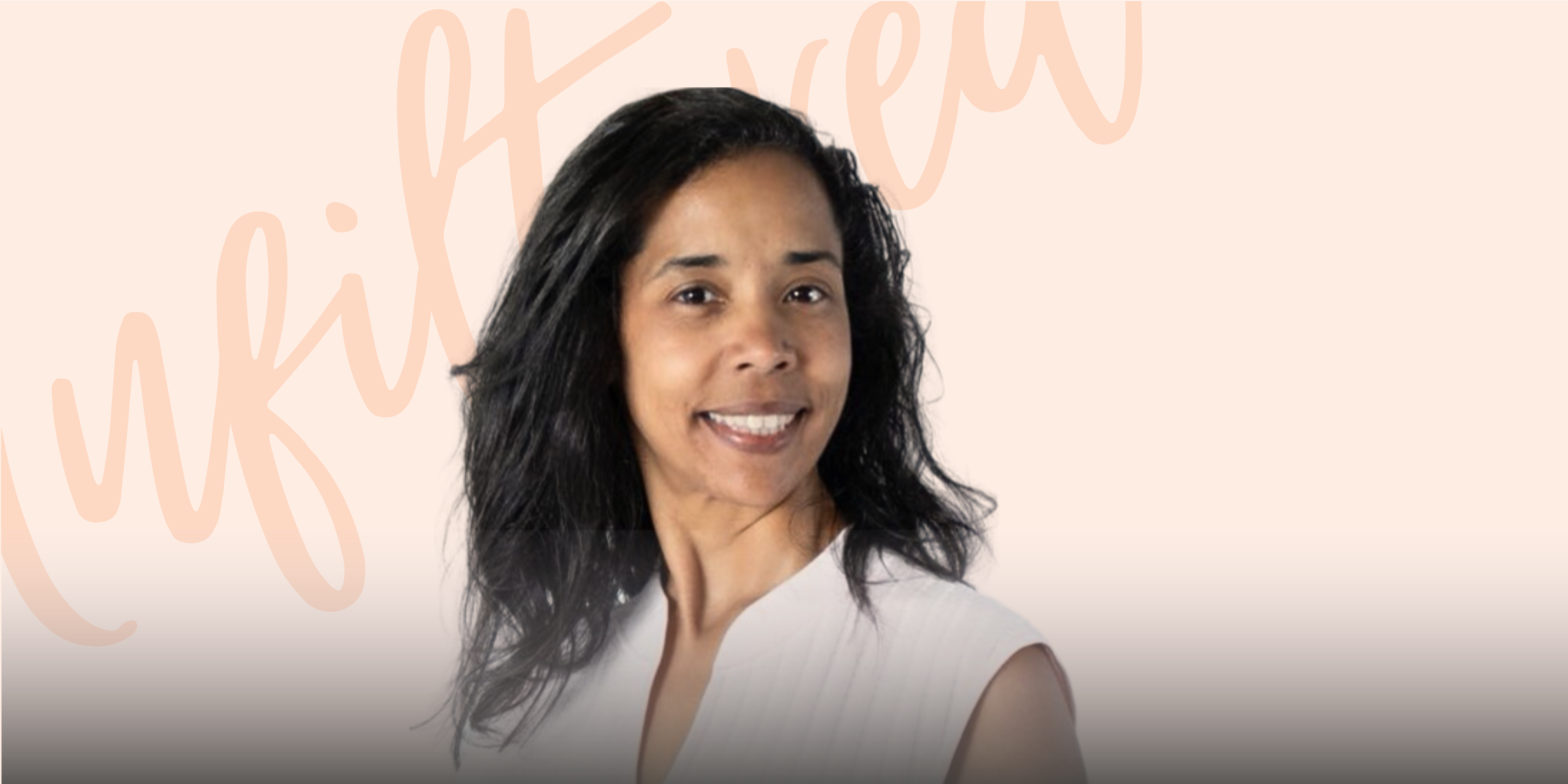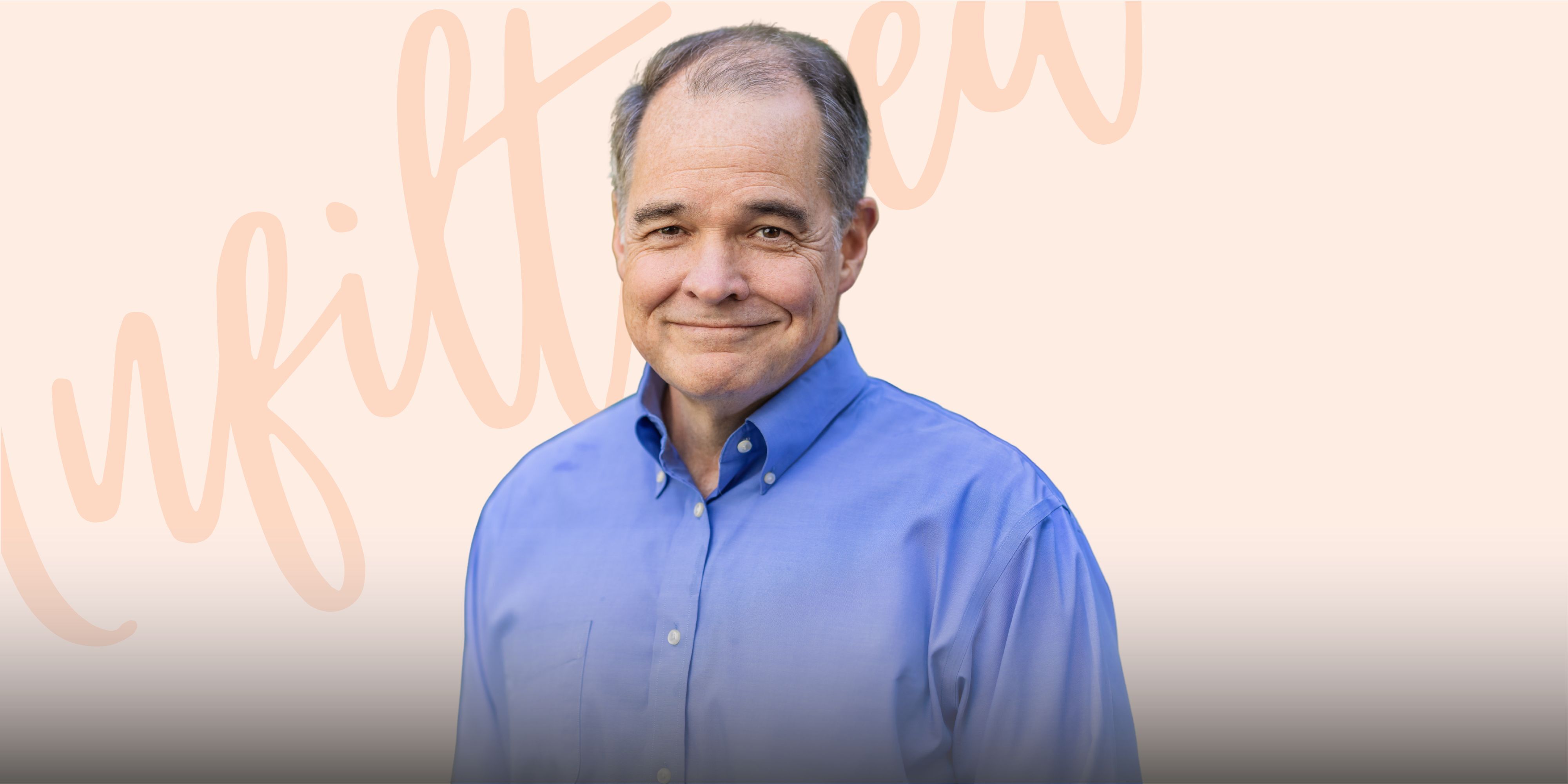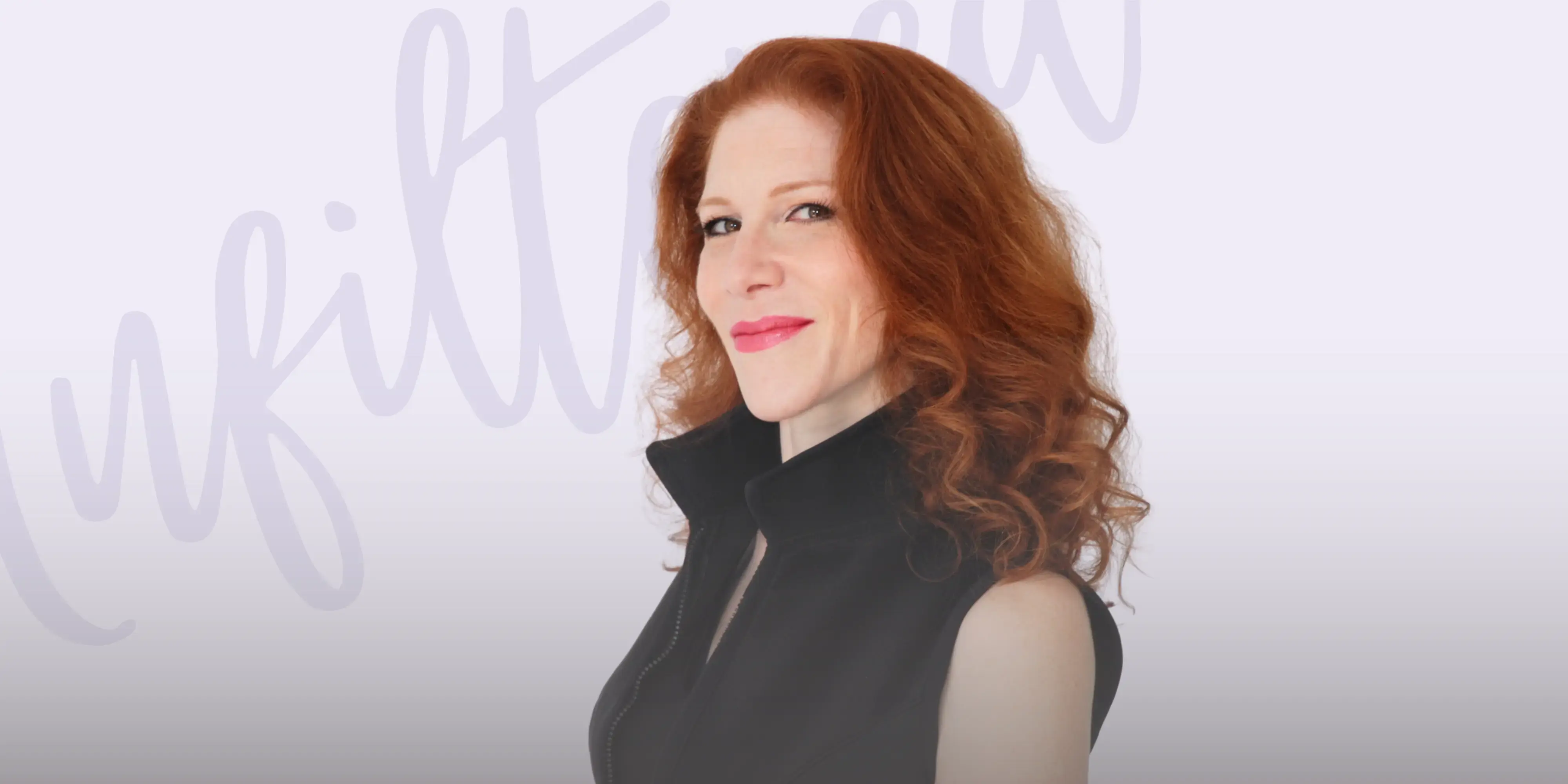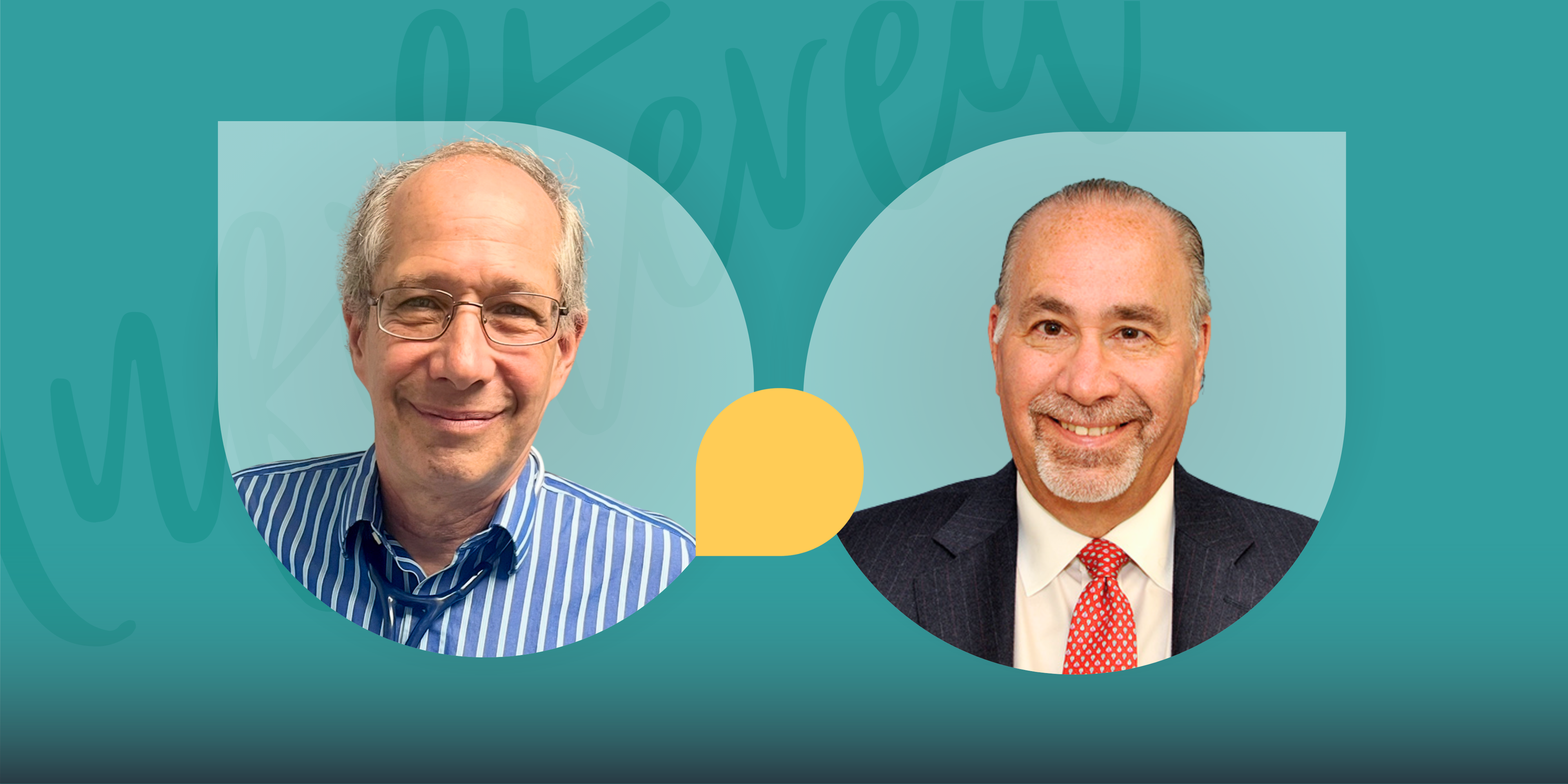In this episode of Sofia Unfiltered, Lauren and Riley talk to Dr. D. E. Snyder, a Psychologist, Educator of the Healing Arts, Mental Health Counselor, and Radio Personality
How Dr. D.E. Snyder's Personal History Shaped Her Therapeutic Career
Dr. D.E. Snyder's parents faced severe mental health challenges, motivating her exploration of diverse approaches to navigate such issues. She pursued psychology studies and engaged as a peer support counselor during her undergraduate years. A significant turning point occurred when a perceptive instructor encouraged her to consider a career as a therapist, prompting her to delve deeper into the field. The conversation underscores the significance of addressing parental mental health in the context of raising children. It emphasizes the transformative potential of mindful moments and supportive guidance in shaping one's life trajectory.
7 steps to improve family communication
- Quality Family Time: Prioritize meaningful time together as a family, engaging in activities that everyone enjoys.
- Establish Family Routines: Create stable routines that strengthen family bonds and provide anticipation.
- Eat Meals Together: Share meals to encourage open conversations and connection.
- Tech-Friendly Bonding: Embrace technology for family bonding, like playing games or exploring favorite apps together.
- One-on-One Time: Foster individual connections by engaging in each family member's interests.
- Active Listening: Practice active listening, eliminating distractions during conversations.
- Show Kindness and Appreciation: Support each other and use technology to share positive messages, achievements, and encouragement through favorite apps.
Sofia Health connects you to traditional, integrative, nutritional, holistic, and spiritual healing professionals to help you personalize your and your children's healing journey.
Should parents limit screen time?
They discuss the shift from an individualistic mindset to recognizing the importance of communal well-being. Dr. Snyder highlights how modern society often prioritizes self-reliance and individual achievements, neglecting the crucial aspect of interconnectedness. She emphasizes that our mental health is intricately linked to others and that the division between individual well-being and the well-being of the collective needs to be addressed.
Dr. Snyder points out that the prevalence of digital devices, while facilitating connection, can also lead to isolation, particularly among children. She stresses the significance of adults engaging with young people on their digital platforms, understanding their language, and building healthy relationships. The conversation delves into the societal shift toward autonomy and the need to balance it with meaningful connections, both in physical and emotional spaces, for a more holistic approach to well-being.
What is eustress and why is it a good thing?
Dr. D.E. Snyder underscores the significance of embracing discomfort as a catalyst for growth and effective problem-solving. She notes that modern society's tendency to seek constant entertainment and quick fixes can hinder the development of critical thinking skills.
She emphasizes the value of experiencing healthy stress (eustress) while working through challenges and discomfort, highlighting its role in strengthening problem-solving abilities. The conversation underscores the need for parents and families to let go of the urge to shield children from all struggles, recognizing that a certain level of discomfort is essential for growth and adaptation. Dr. Snyder's approach promotes a holistic perspective on fostering resilience, connecting with others, and nurturing problem-solving skills for individuals and families.
Strategies for Positive Parent-Child Interactions
Dr. D.E. Snyder explains how she facilitates family therapy sessions by inviting both parents and children to the session. The process begins with parents expressing their concerns and reasons for seeking mental health support for their child.
However, Dr. Snyder's approach goes beyond simply addressing the child's issues; she encourages open communication by involving the child in the conversation. During the session, the child is allowed to share their perspective and feelings. Dr. Snyder emphasizes the importance of addressing children by name and treating them with respect. She aims to bridge the power dynamics by directly engaging with the child and asking them about their expectations from counseling and the changes they want to see.
In this process, the child's desire for deeper family connections often emerges, highlighting the importance of genuine interactions beyond living under the same roof. Dr. Snyder also employs communication exercises to illustrate the challenges of conveying feelings and perspectives, emphasizing effective communication in building strong family relationships.
Furthermore, she offers developmental insights to help parents understand the perspective of their child at different ages and stages, fostering a more empathetic and supportive environment. Ultimately, Dr. Snyder's approach seeks to empower families with effective communication tools that nurture strong connections and understanding within the family unit.
Embracing Discomfort and Struggle for Growth
Dr. Snyder illustrates the concept of embracing struggle and discomfort through the story of a young boy who tries to assist a struggling butterfly by prematurely opening its chrysalis, resulting in a deformed butterfly. This story serves as a metaphor for the importance of facing challenges and discomfort in the process of growth and problem-solving. Dr. Snyder highlights the significance of allowing individuals to navigate their struggles, emphasizing that these experiences are essential for building resilience, strength, and the ability to thrive in various aspects of life.
She emphasizes the importance of embracing discomfort and struggle as catalysts for growth. Dr. Snyder believes in building a collaborative care team that includes therapists, coaches, books, and other resources, allowing individuals to personalize their healing journey. She values the power of connection, effective communication, and learning from various modalities to empower her clients to take control of their well-being. Her goal is to guide them in recognizing the multifaceted nature of mental health and nurturing themselves through a comprehensive approach to healing.
Beyond "Happily Ever After": Rethinking Living Well and Emotions
Dr. Snyder believes living well is not synonymous with a constant state of happiness or a fairy tale "happily ever after." She emphasizes that experiencing bad days, negative emotions, and the full range of human feelings is an essential part of being human. She challenges the misconception that well-being is achieved only when everything is perfect and encourages embracing the complexity of emotions.
It's okay to have ups and downs, to feel angry, sad, or frustrated, and that these feelings don't define our overall well-being. Instead, she encourages acknowledging and sitting with these emotions while understanding that they are temporary. Living well means accepting our emotional multiplicity and allowing ourselves to experience the full spectrum of feelings without judgment or shame.
More from Sofia Health
Check out the full episode of the Sofia Unfiltered podcast "Strengthening the Parent-Child Relationship", available on Apple Podcasts and Spotify.
Whether you prefer a subscription over live classes or want to shop for individual services, classes, or products, we have you covered. We're here to help you meet your wellness goals for physical, mental, emotional, and spiritual health. You can also take advantage of the services offered by one of the providers at the Sofia Marketplace.
Better yet, make a daily dose of wellness part of your routine. Sofia Prime offers both live classes and an extensive on-demand video library. Choose from high-quality offerings in wellness, nutrition, fitness, and meditation.
Start your two-week trial today and discover the difference that dedication and expert help can make.







